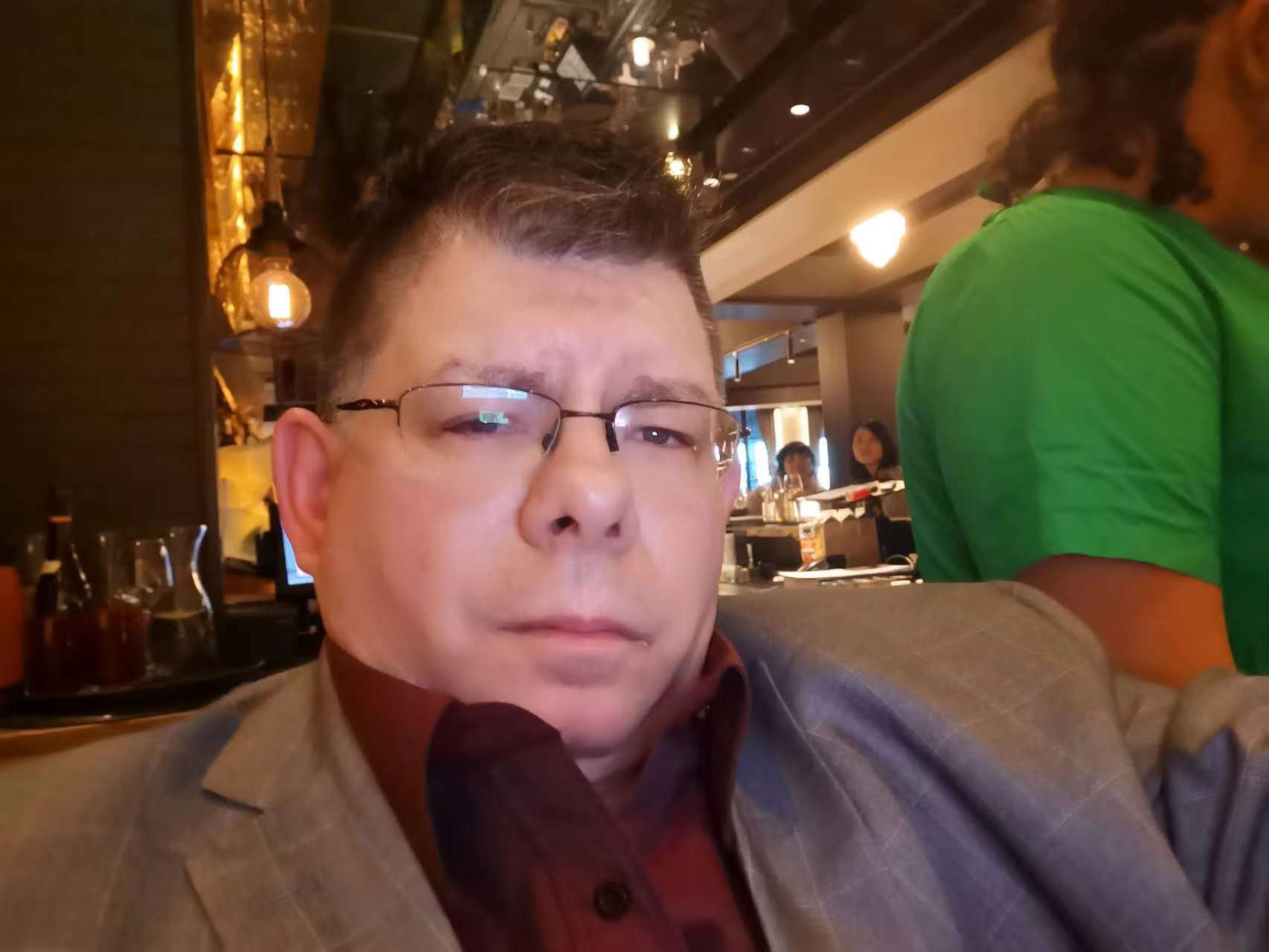There is something about Shelly Taylor.
Something.
Her friend, poet Gordon Massman says that as a person: "Shelly Taylor is the real deal, the genuine article; she stands, I believe, in contrast to materialist/literary/intellectual conformity which wants to enslave all peoples."
I like that. Not quite what I am looking for but a good starting place.
Shelly's friend and fellow writer, Mara Vahratian says about her: "I once told her she was like a real-life version of Jim Harrison's character Dalva (of the eponymous novel)--she's creative, resourceful, loving, and brave."
Vahration continues: "Shelly Taylor is an immensely determined and intelligent woman, and the spirit with which she lives her life is in no way divorced from the energy of her writing--I honestly can't think of her as a person without thinking of her writing at the same time. "
Yes, exactly. Determined. Intelligent. Spirit. Energy.
Those all come to mind. After first reading that quote, I told Shelly that those somethings are how I think of her.
But my opinion can come later.
Let's start at the beginning.
Shelly Taylor was born in the small town of Alma, Georgia (also the hometown of author Harry Crews, as she later notes in our interview) where she lived until the age of four, before moving with her family to nearby Douglas, specifically, Bridgetown, an unincorporated farm area outside of the city. It was here where she grew up, a self-described: "country girl, redneck girl" who was heavily influenced by her grandmother, Norma Jean Taylor.
Of her relationship with her "Granny" she says: "I was hers" and "she thought I'd be a famous writer." She describes Granny Taylor as a great storyteller, a "mystical personality", who loved to read and who called her by the nickname: "Black-Eyed Heifer" as a term of endearment. That nickname, of course, is the name of her first collection of poetry. The cover of her book is derived from a picture of her grandmother from 1952 and the dedication inside reads: "For Granny".
Also dominant in her life was the sport of rodeo, something she competed in from the ages of 11 to 23 and culminated when she won a Georgia state championship in barrel racing. For her, rodeo was a family legacy, her mother and other female relatives barrel raced as well, she still misses it and plans to start competing again as soon as possible.
At this point, Taylor bounced around a little. She first attended college on a barrel racing scholarship to Abraham Baldwin Agricultural College, then had a stint at the University of Georgia, before eventually getting her Bachelor's degree from Warren Wilson College. It was in these years that she became serious about writing, spurred on by the illness and unfortunate loss of her beloved grandmother when she was 20. Until then, Taylor had never even taken a writing class. From there, she immersed herself into writing, first moving to Maine to live and write and before making the decision in 2005 to get her MFA at the University of Arizona.
The decision to move to Tucson for grad school provoked Taylor to sell her barrel racing horse, a pivotal event in her life that has impacted her as a person and a poet. Taylor told me over the phone that selling her horse was something that: "just made sense". However, as you will read in the interview questions, it is something that haunts her and is a big part of "Black-Eyed Heifer" as well as the current collection she is writing.
(Note: You can view every article as one long page if you sign up as an Advocate Member, or higher).






